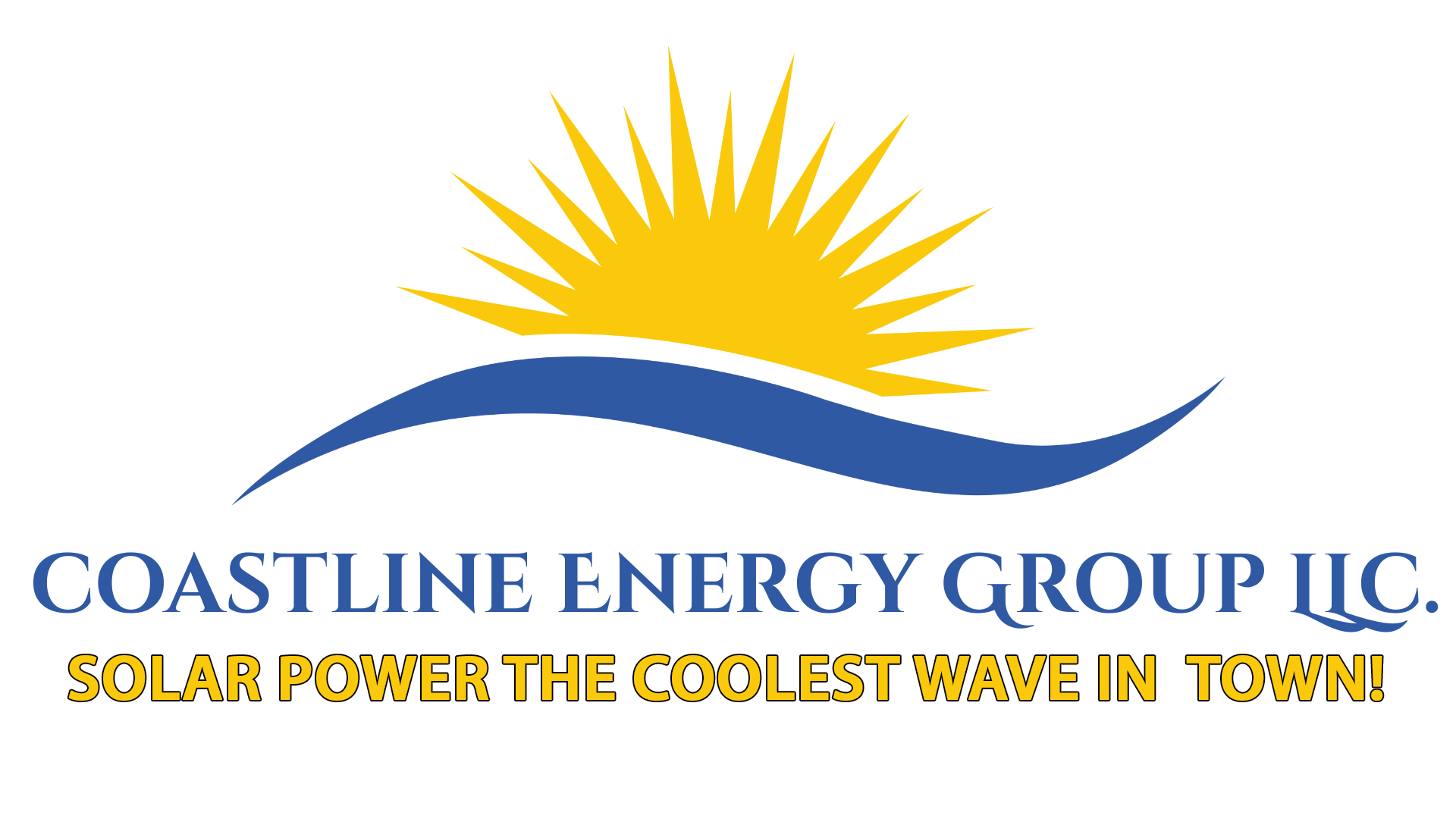Unlocking the Power of Solar Panels: Your Ultimate Guide to Solar Energy
The Basics of Solar Panels
Types of Solar Panels
Knowing the various types of solar panels is essential for making a well-informed decision:
- Monocrystalline Solar Panels: Renowned for their high efficiency and stylish design.
- Polycrystalline Solar Panels: More affordable but slightly less efficient.
- Thin-Film Solar Panels: Lightweight and flexible, ideal for specific applications.
Solar Panel Installation
Solar panel installation involves several steps, from assessing your energy needs to mounting the panels. Here’s what you can expect:
- Site Assessment: Identify the optimal location and angle to maximize sunlight exposure.
- System Design: Tailor the solar power system to your specific requirements.
- Permitting: Get the required permits from local authorities.
- Installation: Mount the panels and connect them to your electrical system.
- Inspection and Activation: Ensure everything is up to code and activate your system.
Cost of Solar Panels
The price of solar panels has dropped considerably over time. Factors affecting the cost include:
- Type of Panels: Monocrystalline panels are more expensive than polycrystalline and thin-film panels.
- System Size: Larger systems produce more electricity, yet they entail a higher initial investment.
- Installation: Professional installation costs vary based on location and complexity.
Solar Panel Efficiency and Performance
Efficiency is the measure of how effectively solar panels convert sunlight into electricity. Monocrystalline panels typically offer the highest efficiency, while thin-film panels have the lowest. Regular maintenance, such as cleaning and inspection, can help maintain optimal performance.
Solar Energy Benefits
Switching to solar energy offers numerous benefits:
- Cost Savings: Reduce or eliminate your electricity bills.
- Environmental Impact: Reduce your carbon footprint and support a sustainable future.
- Energy Independence: Reduce reliance on the grid by creating your own power.
- Increased Property Value: Properties equipped with solar panels typically sell at higher prices.
Solar Panel Incentives and Rebates
Many governments offer incentives and rebates to encourage solar energy adoption. These can significantly reduce the upfront cost of your solar power system. Consult your local authorities to inquire about the programs they offer.
Solar Energy Storage
Pairing your solar panels with a solar battery storage system allows you to store excess energy for use during cloudy days or at night. This ensures a consistent energy supply and maximizes your investment in solar power.
Solar Panel Maintenance
Maintaining your solar panels is essential for long-term performance:
- Regular Cleaning: Remove dirt, debris, and snow from the panels.
- Inspections: Periodical checking for any signs of damage or wear.
- Monitoring: Utilize monitoring systems to track performance and detect issues at an early stage.
Future of Solar Panel Technology
Solar panel technology is continually evolving. Innovations such as bifacial solar panels, which capture sunlight from both sides, and advancements in solar efficiency and storage are driving the industry forward.
Conclusion
Investing in solar panels is a wise choice for those seeking to lower their energy expenses and minimize their environmental footprint. By understanding the different types of panels, installation process, costs, and benefits, you can make an informed decision and harness the power of the sun. Explore your options, take advantage of incentives, and join the solar energy revolution today.
Contact Us
Ready to make the switch to solar energy? Contact us today for a free consultation and personalized solar panel quote. Join the thousands of homeowners and businesses who are enjoying the benefits of clean, renewable energy

